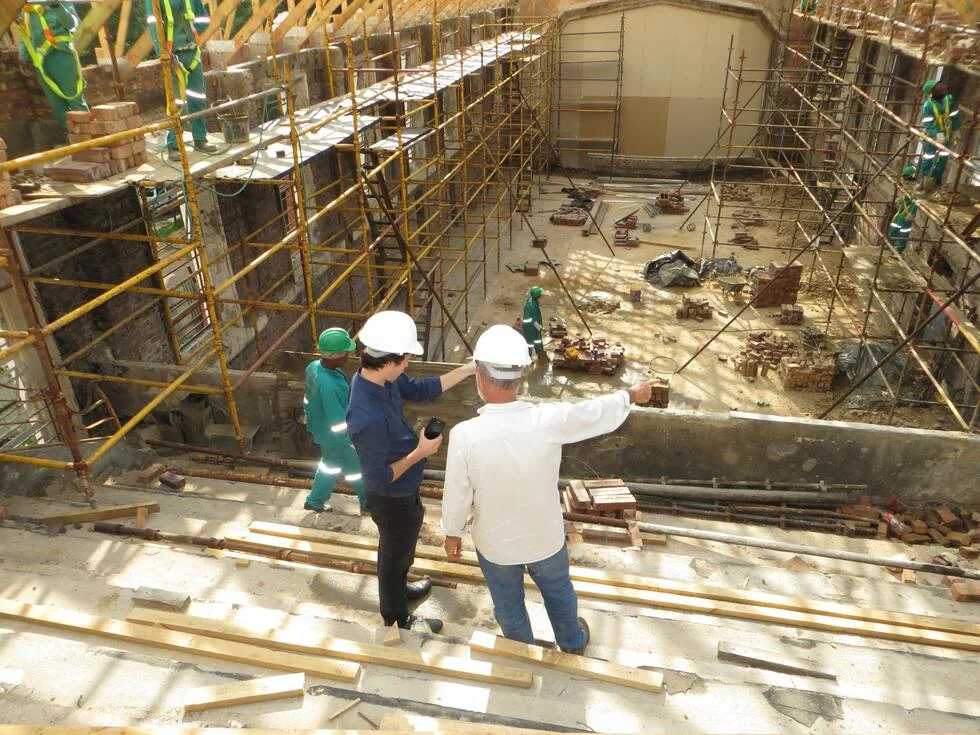How To File A Mechanic’s Lien In Colorado
Posted October 03, 2022 in Uncategorized

Mechanics’ liens are an important tool for contractors, subcontractors, and suppliers when it comes to enforcing their rights to payment for work provided on a construction project. Colorado has specific laws that govern the filing and enforcement of mechanics’ liens, and it is important to understand these laws before attempting to file a lien.
WHAT IS A MECHANICS’ LIEN AND HOW DO I FILE A MECHANIC’S LIEN?
A mechanics’ lien is essentially a legal claim against a property that has been improved or serviced by a contractor or supplier. The lien gives the contractor or supplier a security interest in the property which they can use to secure payment for work done. Mechanics’ liens are often used in the construction industry as a way to ensure payment for work and materials provided on projects. These liens become important when payment and construction defect disputes arise during or after a project.
In Colorado, the mechanics’ lien laws are set forth in Title 38, Article 22 of the Colorado Revised Statutes. Under these laws, contractors, subcontractors, and suppliers who have not been paid for their work or materials can file a lien against the property where the work was performed. This lien gives them the right to force the sale of the property if payment is not made, i.e., a foreclosure on the lien. See C.R.S. 38-22-110. A mechanics’ lien provides an incredible amount of leverage to a builder or contractor seeking payment.
HOW TO FILE A MECHANICS’ LIEN IN COLORADO
To file a mechanics’ lien in Colorado, the contractor, subcontractor or supplier must follow very specific steps. These steps include:
- Giving a Notice of Intent to Lien – This notice must be sent to the property owner and any other parties with an interest in the property at least 10 days before filing the lien. See C.R.S. 38-22-109. The notice must adhere to strict statutory requirements.
- Filing the Lien – After the Notice of Intent is served, the mechanics’ lien can be filed with the county clerk and recorder where the property is located. Typically, the lien must be filed within 4 months of the last day that work was performed or materials were supplied. However, there are nuanced rules here and you should seek legal counsel to help assess the appropriate deadlines that apply to your situation. See C.R.S. 38-22-109.
- Enforcing the Lien – In general, a suit to enforce or foreclose on the lien must be initiated within 6 months of the lien or it will expire. See C.R.S. 38-22-109. Again, there are nuanced rules with respect to these limitations as well as ability to extend the lien, and legal counsel should be sought as soon as possible and well in advance of the expiration of these deadlines.
ENFORCING A MECHANICS’ LIEN IN COLORADO
If a mechanics’ lien is not paid, the contractor or supplier can enforce the lien by suing to foreclose on the property. Before foreclosing, however, they must follow specific steps, including notifying all parties with an interest in the property of the intent to foreclose. If the lien is not paid, the property will be sold at auction and the proceeds used to pay the lien.
DEFENDING AGAINST A MECHANICS’ LIEN
If a lien is filed against you, consider that you have the ability to substitute a bond for the lien to remove the lien from you property. See C.R.S. 38-22-131. . You can remove the lien during litigation as well by moving to substitute a bond. The bond requirement is as follows:
(3) The bond or undertaking shall be conditioned that, if the lien claimant shall be finally adjudged to be entitled to recover upon the claim upon which his lien is based, the principal or his sureties shall pay to such claimant the amount of his judgment, together with any interest, costs, and other sums which such claimant would be entitled to recover upon the foreclosure of the lien.
C.R.S. 38-22-131. Typically, payment disputes are defended with breach of contract counterclaims and construction defect or negligence counterclaims.
CONCLUSION
Mechanics’ liens are an important tool for contractors, subcontractors, and suppliers to protect their rights to payment for work and materials provided. In Colorado, these liens are governed by specific laws that must be followed to ensure their validity. If you are considering filing a mechanics’ lien in Colorado, it is important to consult an attorney to ensure that you are following the proper procedures and protecting your legal rights.
DISCLAIMER
The information contained on this website is provided for informational purposes only. It is not legal advice and should not be construed as providing legal advice on any subject matter. Laws frequently change and therefore this content is not necessarily up to date, nor comprehensive. Contact us or another attorney with any legal questions specific to your matter. You may contact us by calling us as 303-268-2867 or completing a complimentary discovery call.
